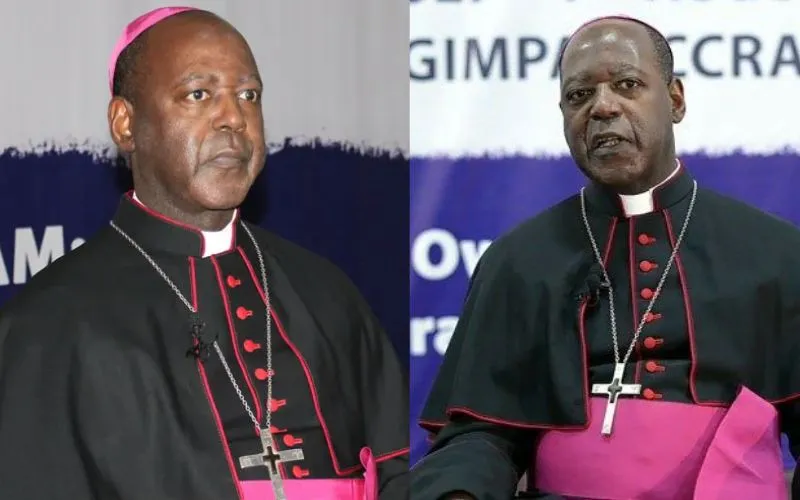The member of the Society of Jesus (Jesuits) further says that the delay in the restructuring process “is blocking investment inflow into the country as investors may not perceive Zambia to be credible.”
He says that the lack of credibility among investors “is making it difficult for the government to meet the needs of its people to the required extent due to limitations of resources.”
“It is very important to understand that no nation can grow in isolation as global partnership and trade is very important. Foreign direct investment boosts the country's reserves, increases the country’s revenue generation capacity, and creates jobs,” Fr. Muyebe says.
The Executive Director of the research, education, and advocacy Jesuit institution adds that “the delayed debt restructuring is also contributing to the instability of the Zambian currency.”
“Zambia’s huge debt overhang is eroding market and investor confidence. Reduced direct foreign investment reduces the country’s forex earnings. For a country that is a net importer like Zambia, high demand for forex to import commodities adds pressure to the country’s reserves and leads to the devaluation of the local currency,” Fr. Muyebe says.
The devaluation of the Southern African country’s currency “has been evident as the Zambian kwacha has been depreciating against major currencies,” the Executive Director of the Lusaka-based Jesuit Institute whose vision is “a just Zambian society guided by faith, where everyone enjoys fullness of life” further says.
He adds that the depreciation of the Zambian Kwacha “means more of the Zambian currency is needed to import commodities for consumption.”
“This is likely to lead to an increased inflation rate, which if not accompanied by increased nominal income (salaries) reduces household’s real income implying that household’s income can no longer purchase the same quantity of basic needs (food, shelter, clothing, medicine among others) that it previously could,” the Jesuit Priest says.
To help Zambians overcome the high cost of living, he says the government needs to hasten bilateral engagement with its largest creditor, China, “to help expedite the restructuring process under the G20 Common Framework.”
“The perceived foreign policy shift must not be allowed to jeopardize the debt restructuring negotiations," he says, adding that the economic and geopolitical dynamics between China and the West should not take precedence over the interest of Zambians.








